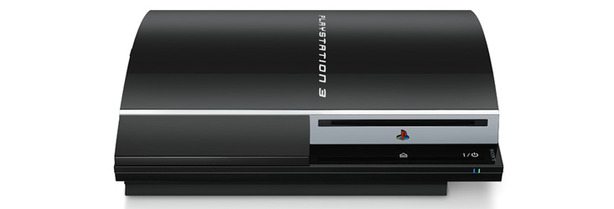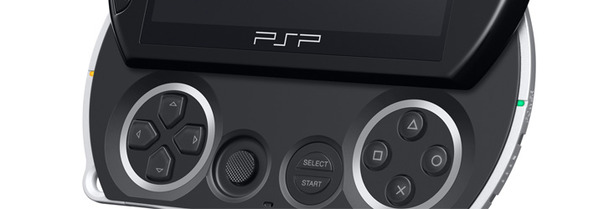Counting your losses
Market share isn’t really the issue, though. The bigger problem for consoles is the current financial situation on a broader scale.Following the surprisingly flush year of 2008, in which console sales doubled in the UK, the consoles industry has taken a major nosedive in 2009. This year, Sony announced its first net loss in 14 years; a stunning ¥989.9bn (£685 million), which includes record losses of ¥58.5bn (£400 million) in its gaming sector.
Microsoft also announced its first loss since it went public in 1986 in the second quarter of this financial year, with a $31 million US loss coming straight from the Entertainment and Devices division – i.e those responsible for the Xbox 360. It’s also worth noting that this loss was partnered by healthy console sales, showing that Microsoft could still be struggling to recoup its investment in the hardware.
Not even Nintendo has escaped the financial plague either, with sales of the Wii dropping by 67 percent in the US, 60 percent in Japan and 47 percent in the rest of the world, when compared to the same time last year. It’s worth noting that Nintendo is still making a profit, but its profits have dropped 61 percent when compared with the same quarter in 2008.
Of course, PC gaming hardware companies aren’t in much better shape either. Nvidia, AMD and Intel have all posted losses this year. The recession has hit the gaming industry hard in almost every area. Not only are fewer people buying hardware, but they may well also be pirating more games – which makes sense as expensive luxuries are always the first thing consumers will forego in a financial pinch.
Talking about piracy always involves conjecture, simply because no-one has any accurate figures to show how it’s genuinely hitting the industry, but it’s probably fair to say that the console industry isn’t as vulnerable to piracy as the PC gaming business. That may simply be because the latter has more people with the tech know-how needed to use Bit Torrent and because many consoles have an extra degree of protection via the firmware and the media used. Blu-Ray burners are in much shorter supply than DVD burners, which is good for the PS3, and the PSP and DS also have proprietary media in the form of UMDs and cartridges.
That’s not to say that piracy isn’t an issue for consoles. Pirated console games can easily be downloaded too, and devices such as hacked firmware and the R4 easily enable pirates to copy games onto proprietary media.
As a piece of anecdotal evidence, my wife recently bought Professor Layton and the Curious Village for the Nintendo DS from the Amazon Marketplace. She was sent an R4 cartridge, which contained a few hundred quid’s worth of other DS games, and a note saying that she could return it for a refund if she wasn’t happy with it (which she did). If you can buy pirated DS cartridges from Amazon, complete with customer service, then it’s hardly an underground practice.
In fact, the PSP now has a reputation for being one of the most pirated platforms out there, simply because you can hack the firmware and then run game ISOs from a MemoryStick. As a result, developers such as Q Games are now even pulling the development of games for the platform.
Perhaps the biggest weapon that consoles have against piracy is the increasing need for an online connection for multiplayer and social networking features, plus the ability to update firmware. With a closed system that’s dependent on up-to-date firmware, console manufacturers can effectively ban people that have tampered with their console’s innards to circumvent copy control. In fact, Microsoft has already achieved a similar result when it banned a million chipped consoles from Xbox Live last month. Similarly, the firmware in Sony’s forthcoming PSPgo will also prevent pirates from loading ISOs from MemorySticks, hypothetically.
Either way, with more controls on how media is used and distributed it’s clear that console gaming is in a stronger position than the PC when it comes to piracy – though that doesn’t necessarily mean the platforms are more profitable.

MSI MPG Velox 100R Chassis Review
October 14 2021 | 15:04












Want to comment? Please log in.